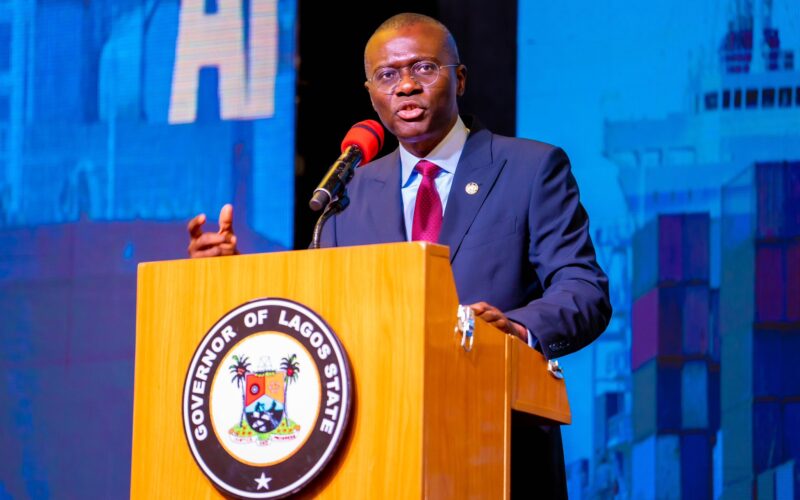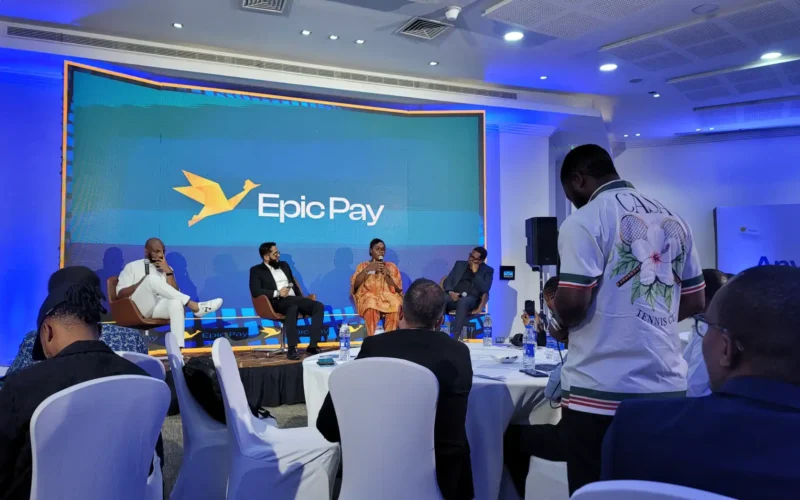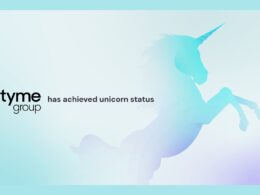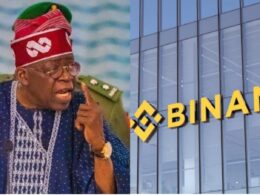The Federal Ministry of Arts, Culture, Tourism, and Creative Economy (FMACTCE) has officially launched the second phase of Nigeria’s Creative Economy Development Fund (CEDF), marking a strategic shift toward supporting small and medium enterprises (SMEs) and micro, small, and medium enterprises (MSMEs) in the creative sector.
Phase 2 of the CEDF opened for applications on August 4, 2025, following the conclusion of Phase 1, which ran from April 28 to June 30, 2025. This new phase specifically targets smaller creative businesses with reduced ticket size investments, making the fund more accessible to emerging entrepreneurs and smaller creative ventures across Nigeria’s diverse cultural landscape.
Expanding Access to Creative Financing
The Creative Economy Development Fund, approved by the Federal Executive Council (FEC), represents one of Nigeria’s most significant investments in its creative industries. The initiative aims to catalyze growth, innovation, and sustainable financing across sectors including film, music, fashion, art, publishing, gaming, and cultural tourism.
“This Fund represents a significant national investment in the creative sector, recognizing its potential as a driver of economic growth and cultural diplomacy,” the ministry stated in announcing the program.
Phase 2’s focus on SMEs and MSMEs addresses a critical gap in Nigeria’s creative financing ecosystem, where smaller businesses have historically struggled to access traditional bank loans or attract investors. By offering smaller ticket size investments, the government aims to democratize access to creative funding and support grassroots innovation.
Key Objectives and Impact
The CEDF is designed to achieve several transformative goals for Nigeria’s creative economy:
Capital Injection: Providing essential funding for creative businesses to expand production capabilities and access new markets, both domestically and internationally.
Financial Inclusion: Opening new financing avenues for creative entrepreneurs who have been underserved by traditional financial institutions.
Job Creation: Empowering creative businesses to scale operations, leading to increased employment opportunities, particularly for Nigeria’s youth population.
Economic Diversification: Supporting the government’s broader strategy to reduce dependence on oil revenues by strengthening alternative economic sectors.
Revolutionary IP Monetization Model
One of the CEDF’s most innovative features is its groundbreaking approach to intellectual property (IP) monetization. The program establishes a transformative model for securitizing and collateralizing intellectual property, allowing creative professionals to leverage their IP assets—such as film rights, musical works, and digital content—as viable collateral for securing financing.
This pioneering approach represents a first-of-its-kind initiative in Africa, potentially unlocking billions of naira in previously inaccessible value from Nigeria’s rich creative content portfolio.
Building on Nollywood’s Success
Nigeria’s creative industries have already demonstrated significant global impact, with Nollywood ranking as the world’s second-largest film industry by volume and Nigerian music achieving unprecedented international recognition. The CEDF aims to build on these successes by providing systematic financial support to help creative businesses achieve sustainable growth and global competitiveness.
The fund aligns with Nigeria’s National Cultural Policy and supports the country’s ambition to become a major player in the global creative economy, which is valued at over $2.25 trillion worldwide.
Application Process and Timeline
Creative entrepreneurs interested in Phase 2 funding can access application materials through the official CEDF portal at cedf.gov.ng. The ministry has indicated that Phase 2 will feature streamlined application processes designed to accommodate the specific needs and capabilities of smaller creative businesses.
The launch of Phase 2 comes as Nigeria continues to position itself as Africa’s creative economy leader, with the government recognizing the sector’s potential to drive sustainable economic development while promoting Nigeria’s cultural heritage on the global stage.
For more information about Phase 2 applications and eligibility requirements, creative entrepreneurs can visit the official CEDF website or contact the Federal Ministry of Arts, Culture, Tourism, and Creative Economy directly.












